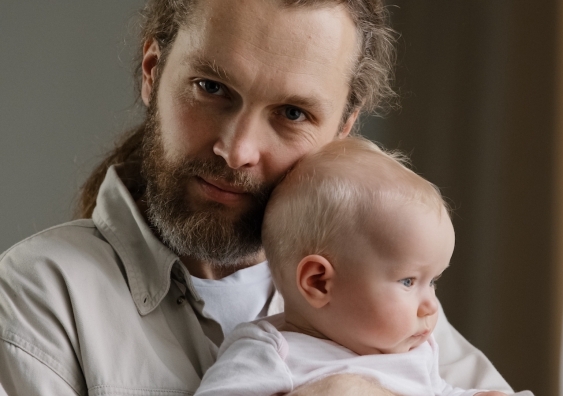Research shows the harmful effects of removing the Coronavirus Supplement
A ôÕÑ¿èÓmadou Sydney and ACOSS partnership report explores the lived experiences of poverty among the most vulnerable during the COVID-19 pandemic.
A ôÕÑ¿èÓmadou Sydney and ACOSS partnership report explores the lived experiences of poverty among the most vulnerable during the COVID-19 pandemic.

Belinda Henwood
News & Content Manager
+61 412 270 034
b.henwood@unsw.edu.au
While the Coronavirus Supplement introduced in 2020 during the COVID-19 pandemic gave recipients the breathing space to afford basics such as food and medication, its removal hit them hard. A research report, released today from the ôÕÑ¿èÓmadou Sydney and ACOSS Poverty &ô Inequality Partnership, provides new detail of peopleãs experiences of poverty and the services available to provide assistance during the pandemic.
The report found the additional $275 a week provided by the Coronavirus Supplement from April 2020 was vital to improving recipientsã wellbeing during the pandemic.
The qualitative research study was based on phone interviews with 33 income support recipients. It found the payment provided a reprieve from ongoing financial stresses and allowed recipients to plan for their future for the first time. But when the supplement was first reduced from September 2020 and then abolished in April 2021, participants returned to acute financial stress and experienced increased feelings of exclusion.
Scientia Professor Carla Treloar, Director of ôÕÑ¿èÓmadouãs Social Policy Research Centre, said the report demonstrated how policy responses made a big impact during the pandemic.
ãThe response to provide additional financial support, quickly and with few eligibility criteria, was critically important to maintaining peopleãs wellbeing,ã she said.
ãThe supplement gave people a reprieve from ongoing financial stresses and helped them through difficult social isolation. Community service providers also played a major role and helped transform peopleãs lives by connecting them with accommodation, health and social support.ã
Read more:
Report authors Professor Kylie Valentine, Dr Yuvisthi Naidoo and Dr Elizabeth Adamson from the Social Policy Research Centre said the supplement was ãfar from [a] bonus paymentã and that it "allowed participants to experience something closer to a life without ongoing, debilitating worries about moneyã. They noted that research participants used the supplement for essentials such as food, medical, personal or household items, to pay off debt and to deal with emergencies.
An by the Poverty and Inequality Partnership found that temporary income supports introduced during COVID lockdowns in 2020 ã the Coronavirus Supplement and Economic Support Payment ã pulled 646,000 people, including 245,000 children, out of poverty.
The research found that the benefits of the supplement were enhanced by the temporary relaxation of activity testing and compliance obligations. The report also noted that successful emergency initiatives to house people experiencing homelessness showed how access to adequate and affordable housing, with the support of adequately resourced case workers, can transform lives. Several participants said their case workers went above and beyond to connect them to community support services.
The report also found that the COVID-19 pandemic was particularly hard for people who had precarious housing situations and health complications. Participants, such as Craig* whose mental health took a ãrapid declineã, said that isolation, anxiety and insufficient income were impacting both physical and mental health.
When the supplement was withdrawn, research participant Jacqui said she could no longer buy food from Aldi, but instead buys expired food from a food pantry. Sharon said she lives on only one meal a day.
Lucy said that COVID-19 made it impossible to maintain her previous quality of life, where she had picked up small pieces of work from various employers.
ãI felt like Iãd diversified my income from all different people. But it was like everything had gone. I never thought Iãd get to a point where everything had gone,ã she said.
ACOSS CEO Dr Cassandra Goldie said the report shows how the pandemic hit people on low incomes the hardest.
ãThese compelling human experiences show how tough the experience of poverty can be,ã she said. ãAustralia is one of the wealthiest nations in the world, yet people canãt afford to keep a roof over their head, are eating only one meal a day and buying expired food.
ãThe report clearly shows how the Coronavirus Supplement provided people with enough to live on for the first time.ãô
*Names have been changed